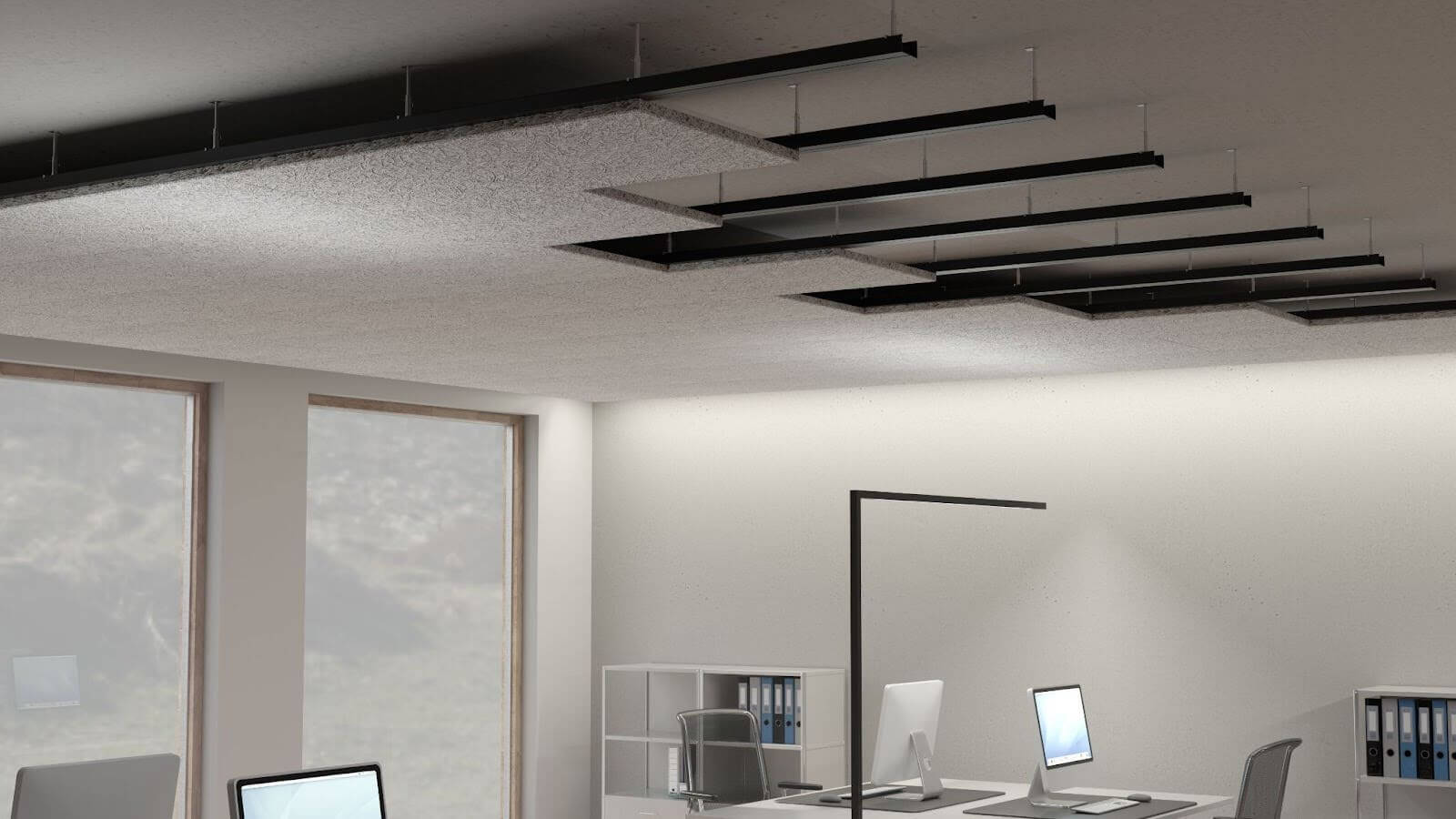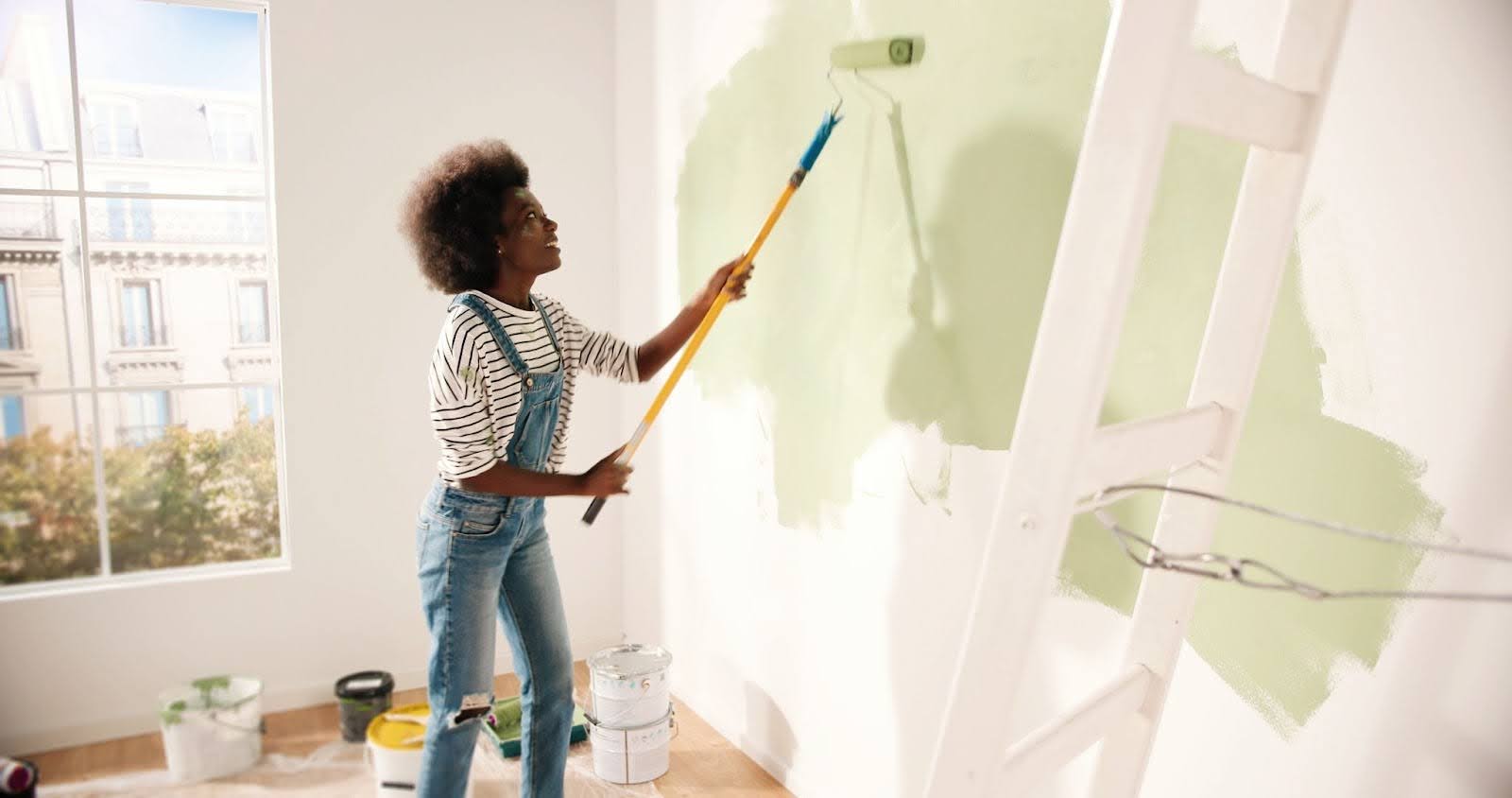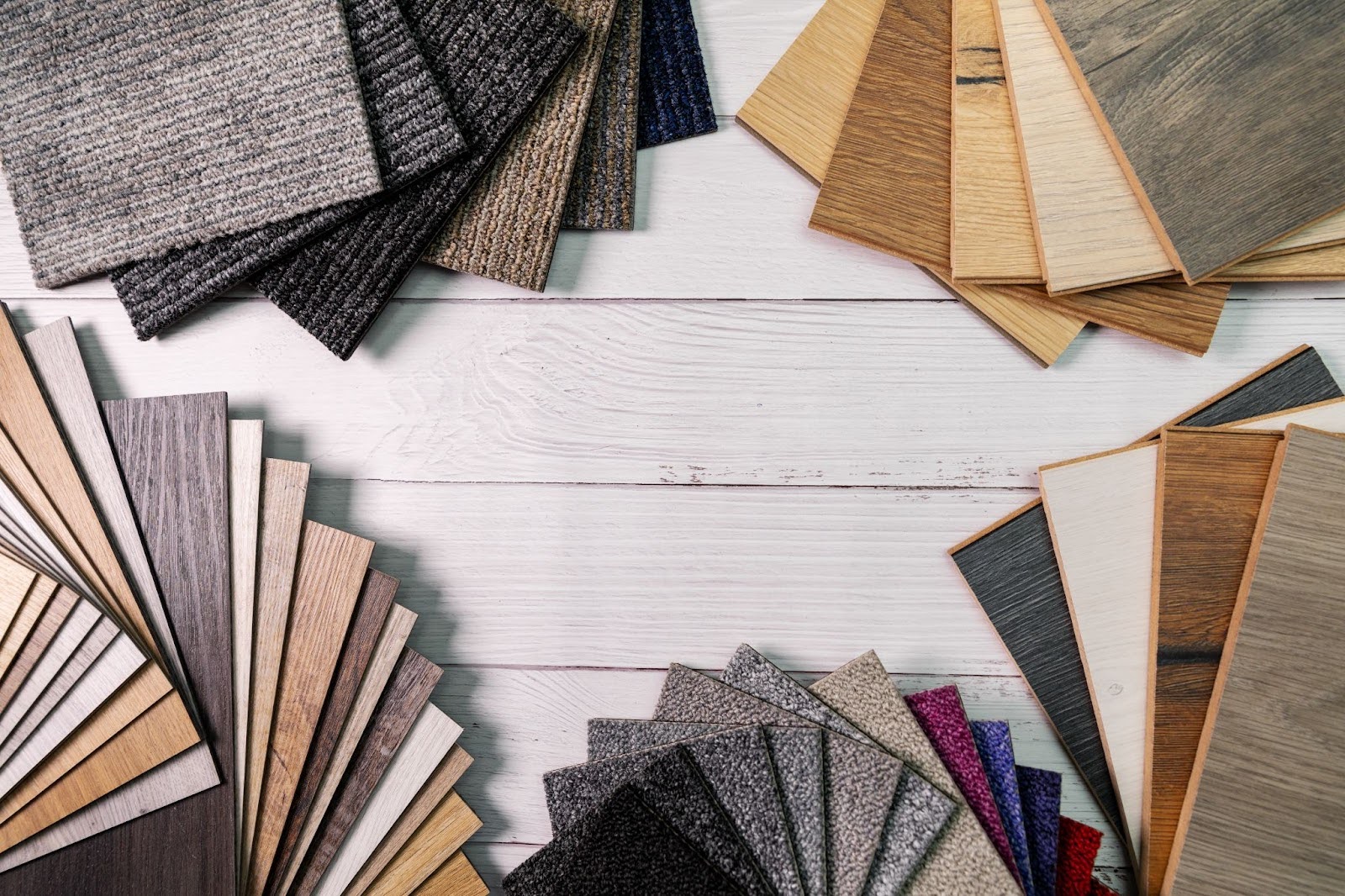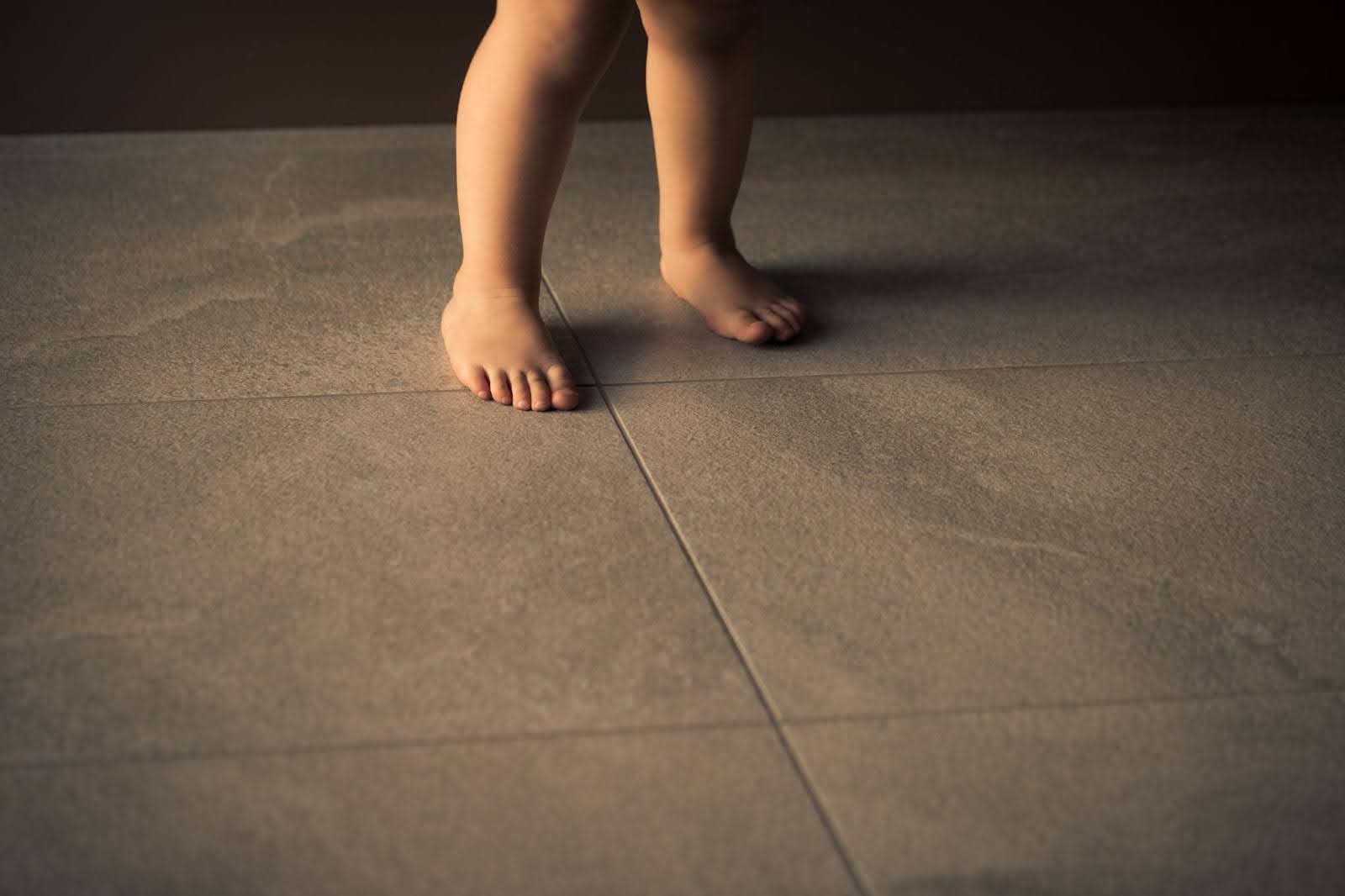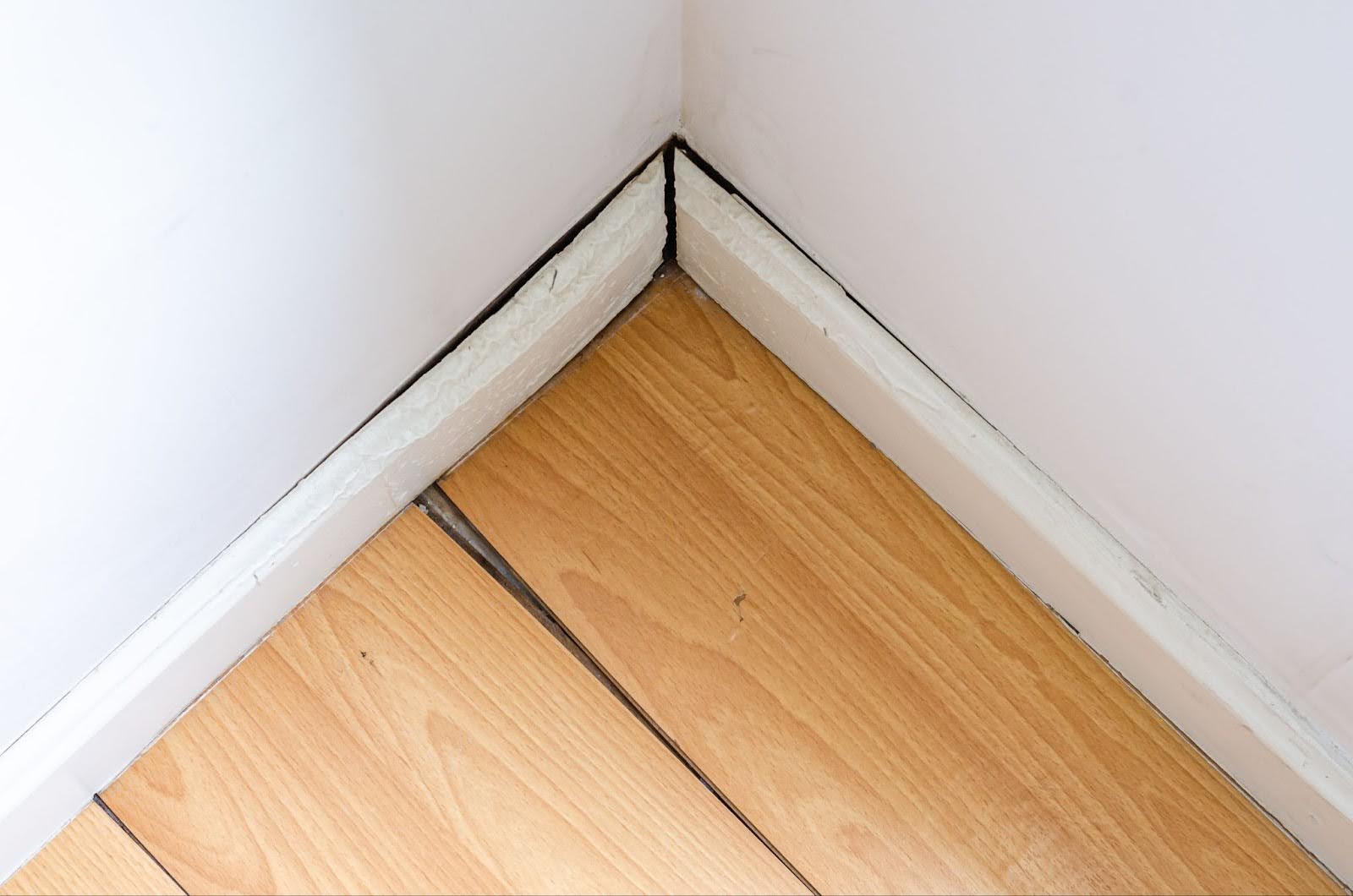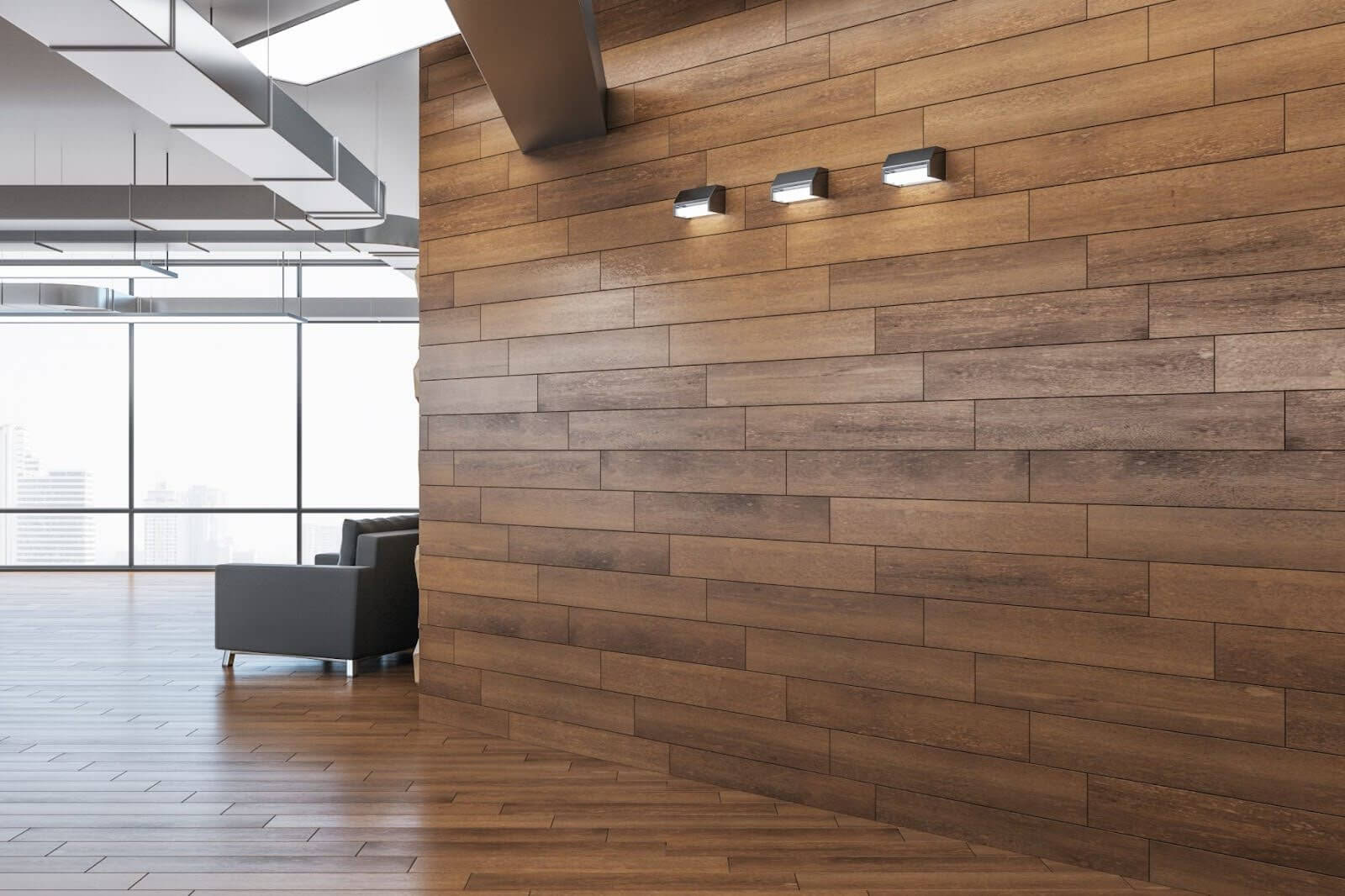
Ceiling Tile Maintenance Tips for Long-Term Performance and Appearance
Acoustic ceiling tiles can last a long time if properly maintained and cleaned, but how exactly do you clean a ceiling panel? Let’s review some tips for cleaning and maintaining ceiling tiles to ensure that they provide excellent sound control and look great for years to come.


